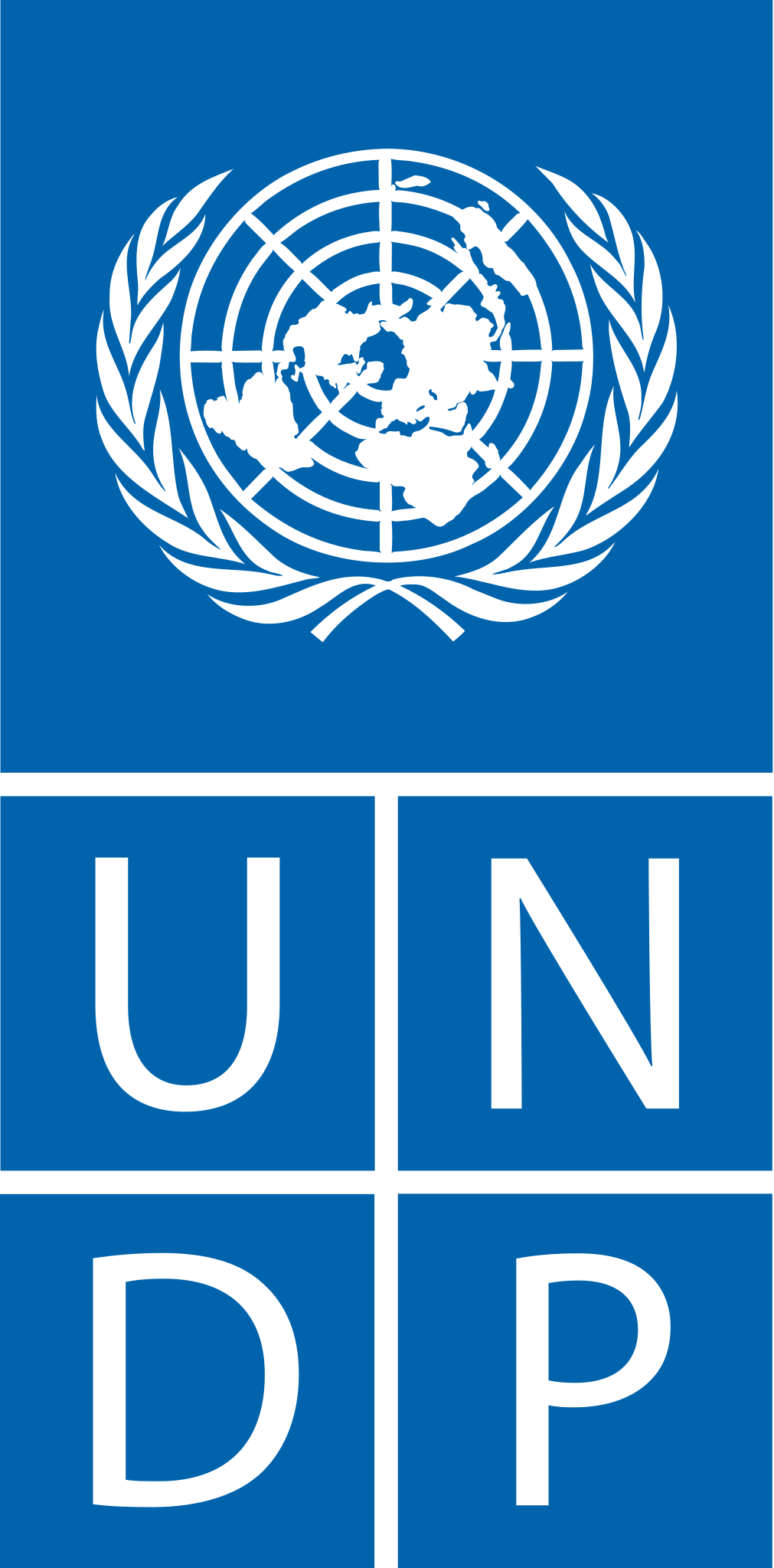Jordan - Plastic Reboot
Jordan
GEF ID:11189
Project Overview
In Jordan, the plastic sector plays a vital role in the country's economy, but it also leads to severe plastic pollution due to mismanagement. While existing regulations address downstream aspects of plastic pollution, such as collection and recycling, there are currently no proposed upstream solutions to shift from a single-use plastics economy to a more sustainable approach in the Food and Beverage (F&B) sector. This project aims to implement upstream activities in four key areas.
Project Components
Enabling policy and institutional arrangements: Improve regulatory framework to ban specific single-use plastic categories, enact standards to increase the percentage of recycled material in plastic containers and standardize the concept of 'biodegradability;'
Private sector engagement: Promote the shift to sustainable packaging by encouraging the transition of the F&B sector toward sustainable packaging production by demonstrating alternatives to single-use plastics in hotels, restaurants, supermarkets, food stores, etc.;
Mobilizing Finance: Develop financial support for small and medium enterprises (SMEs) in establishing sustainable packaging businesses;
Knowledge, Capacity & Reporting: Promote consumer awareness and behavioral change towards sustainable consumption practices and ensure coordination with the global project in compliance with the coordination guidelines established.
The project will focus on cities in the middle region of Jordan, including Amman, Zarqa, and Russeifa as well as Aqaba in southern Jordan. It will foster innovation by establishing an incubation program for enterprises to develop sustainable solutions, and it will also explore innovation in green financing schemes, taking into account Islamic rules in developing financing facilities and by adopting market analytics methodologies to promote the consumers’ shift toward reusable packaging.
Global Environmental Benefits
The project intends to eliminate the production and use of 5,000 tons of single-use plastics from the F&B sector, with the associated reduction of 17,000 tons of CO2e and 0.625 gTEQ of unintentional persistent organic pollutants (UPOPs).








